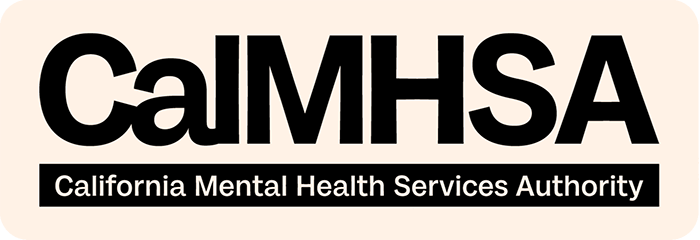
Peers are proof that recovery is possible.
Medi-Cal Peer Support Specialists use their lived experience to bring understanding, connection, and hope to the healing journey.
Lived experience isn’t something to hide— it’s something to offer.
Peers know firsthand what it takes to travel the road to recovery. Their personal experience, combined with professional training, makes them a powerful source of support for others who are facing similar challenges with mental illness and substance use disorders.
Meet the Peers
Peers come from all backgrounds and walks of life, and share their stories to bring understanding, connection, and hope to others.
-
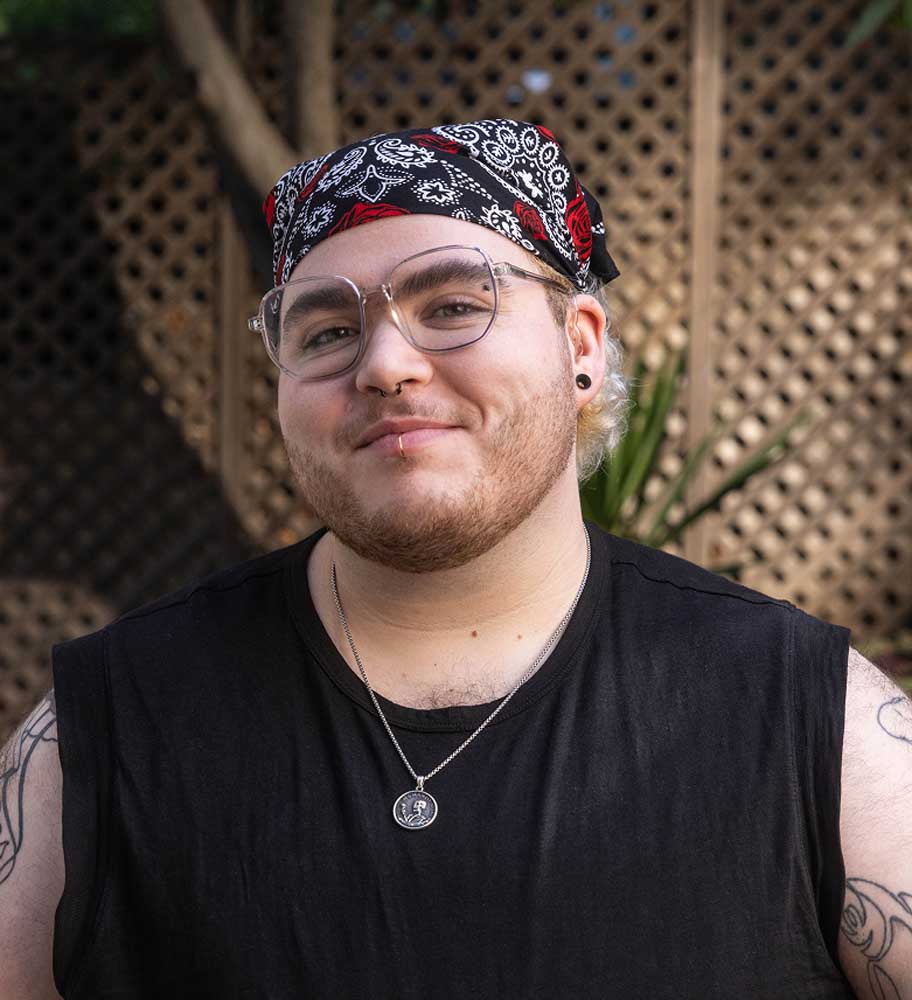 “Sometimes when you try to vocalize to providers how you feel, it seems like they’re not getting the message. Peers can really help with that feeling of isolation and open up access”Sometimes when you try to vocalize to providers how you feel, it seems like they’re not getting the message. Peers can really help with that feeling of isolation and open up access.
“Sometimes when you try to vocalize to providers how you feel, it seems like they’re not getting the message. Peers can really help with that feeling of isolation and open up access”Sometimes when you try to vocalize to providers how you feel, it seems like they’re not getting the message. Peers can really help with that feeling of isolation and open up access.Derek
Certified Medi-Cal Peer Support SpecialistDerek’s lived experience with mental illness and suicidal ideation at a young age has made him a passionate advocate for accessibility and inclusion, especially for the LGBTQIA community and the Autistic community.
-
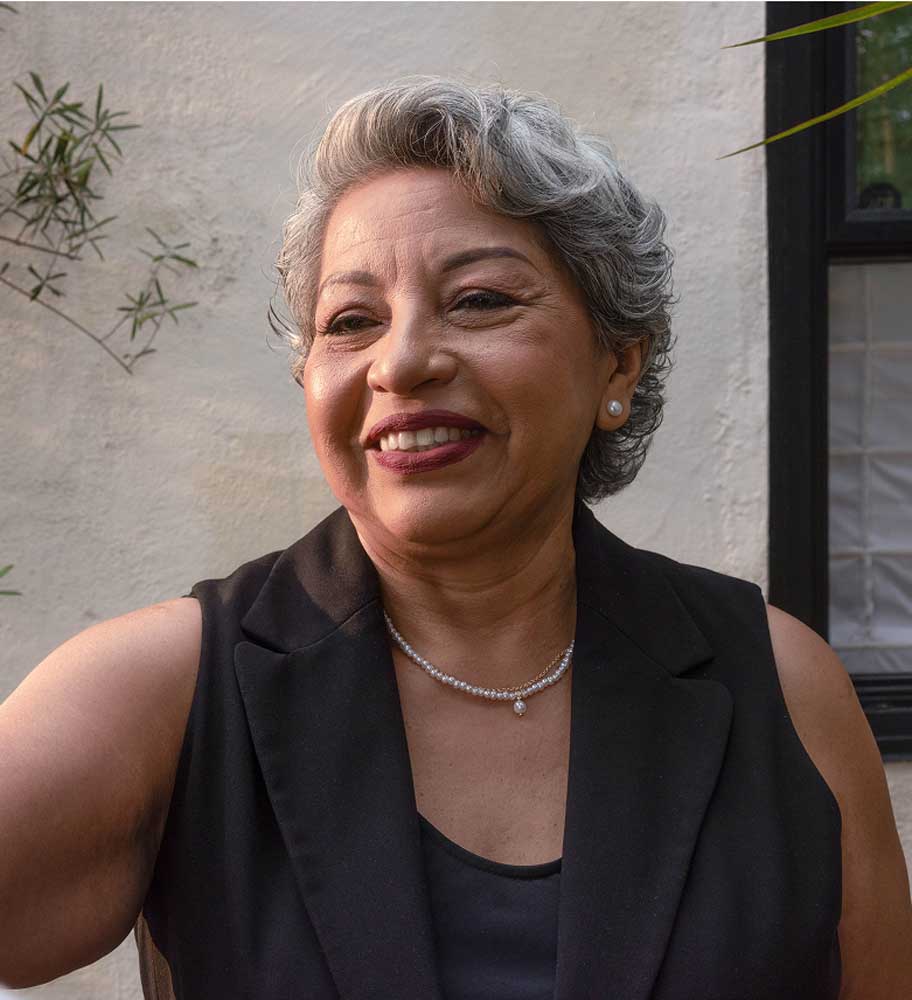 “Everyone needs to go through the stages of healing at their own pace. I have that understanding because of my own experiences, so I can meet you where you’re at.”“Everyone needs to go through the stages of healing at their own pace. I have that understanding because of my own experiences, so I can meet you where you’re at.”
“Everyone needs to go through the stages of healing at their own pace. I have that understanding because of my own experiences, so I can meet you where you’re at.”“Everyone needs to go through the stages of healing at their own pace. I have that understanding because of my own experiences, so I can meet you where you’re at.”Martha
Certified Medi-Cal Peer Support SpecialistParenting a child with intellectual disabilities inspired Martha to become a peer for other caretakers, to acknowledge their experiences and empower them to overcome despair and hopelessness.
-
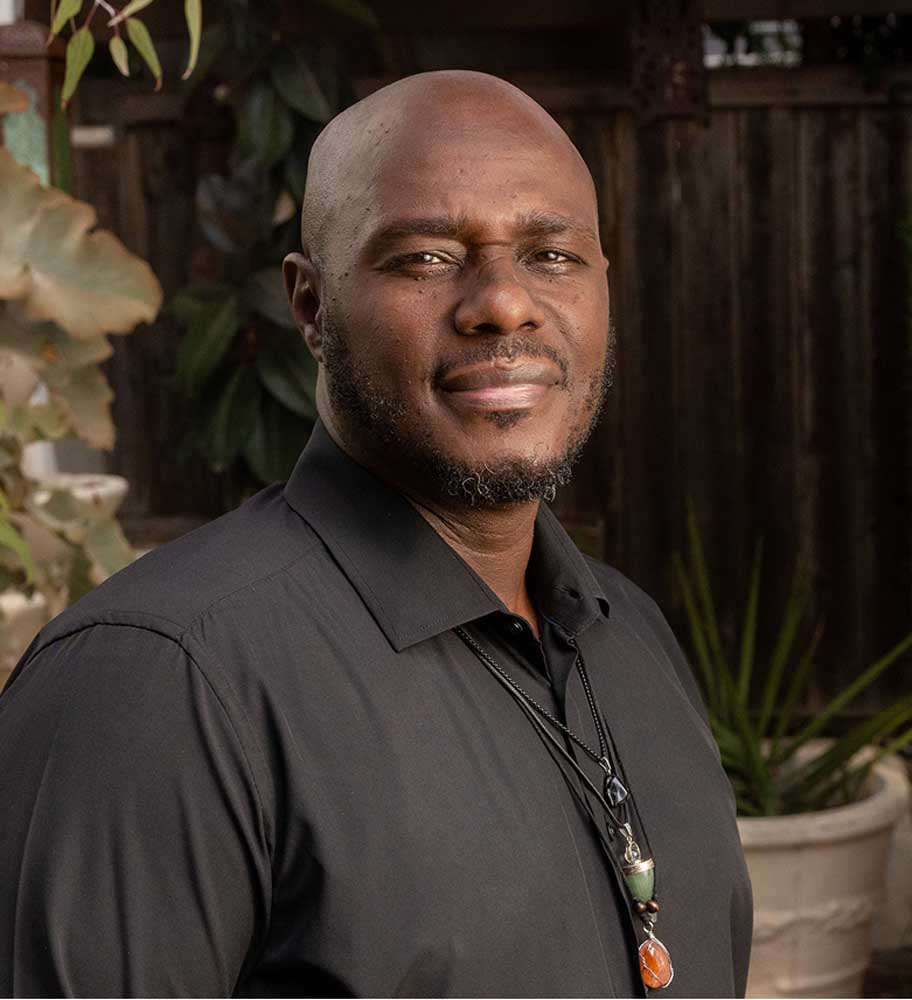 “I had a lot of self-doubt, but I had it in me to make my own decisions. The peers and mentors who supported me and believed in me allowed that to happen.”“I had a lot of self-doubt, but I had it in me to make my own decisions. The peers and mentors who supported me and believed in me allowed that to happen.”
“I had a lot of self-doubt, but I had it in me to make my own decisions. The peers and mentors who supported me and believed in me allowed that to happen.”“I had a lot of self-doubt, but I had it in me to make my own decisions. The peers and mentors who supported me and believed in me allowed that to happen.”Kusema
Certified Medi-Cal Peer Support SpecialistHis lived experience with homelessness, depression, and the justice system makes Kusema a powerful mentor for others as they regain autonomy and integrate back into the community.
-
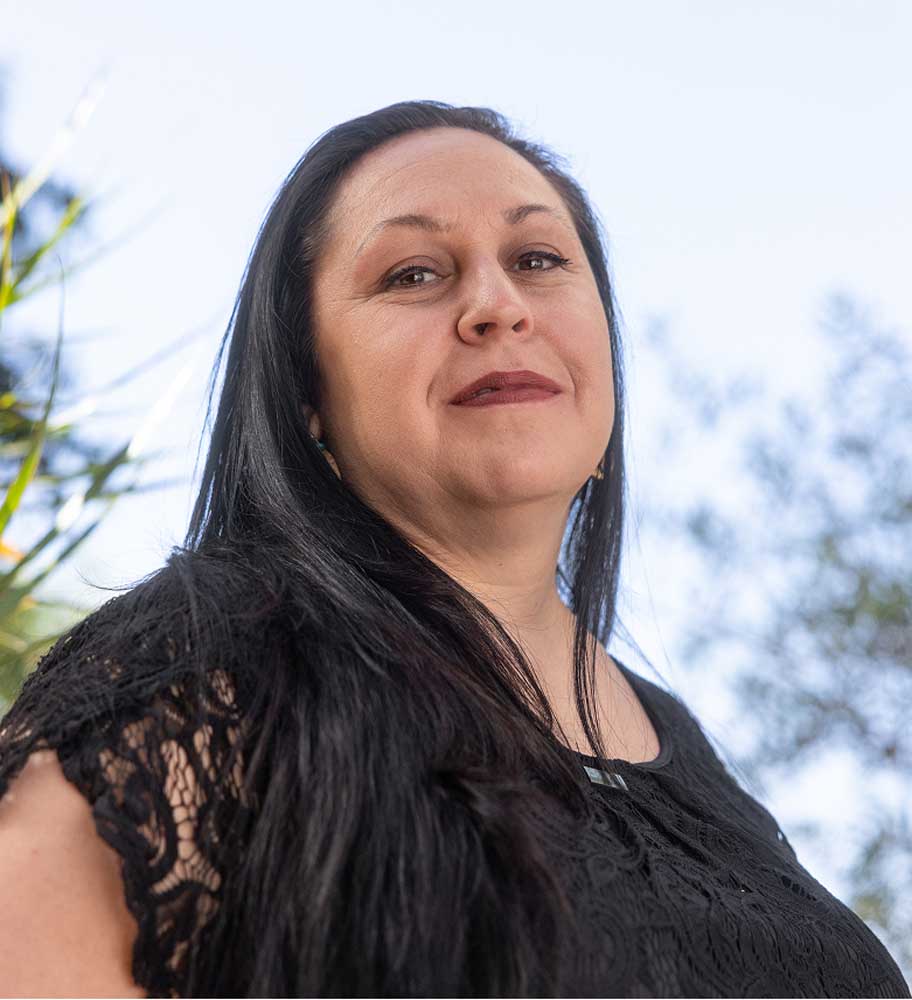 “Peers are able to turn their trauma into gold.”“Peers are able to turn their trauma into gold.”
“Peers are able to turn their trauma into gold.”“Peers are able to turn their trauma into gold.”Rexanne
Certified Medi-Cal Peer Support SpecialistRexanne draws on her lived experience with suicidal ideation and substance use challenges to help others embrace the resilience in their own journey and inspire hope.
What Makes Peer Support Unique
not judgment
Peers have faced the tough stuff, like mental illness or substance use disorders. They get it because they’ve lived it, and they’re passionate about supporting others on a similar journey.
Being a Medi-Cal Peer Support Specialist isn’t just a job—it’s a chance to turn challenging experiences into a tool that helps heal. Peers have the opportunity to positively impact others and pass on hope without judgment or stigma.
not advice
The role of a peer isn’t to tell anyone what to do or even give advice. Peers believe in others and empower them to make decisions that will set them on a path to achieving their goals.
They don’t hold their experiences or ideas over another’s—there’s no hierarchy in this relationship. They favor asking questions to inform the path forward, like: What brings you joy? Where do you want to go?
not clinical
Medi-Cal Peer Support Specialists aren’t doctors, but they are professionally trained to offer guidance alongside their firsthand knowledge. It’s a powerful combination that builds trust and lessens the feeling of isolation.
In their training, Medi-Cal Peer Support Specialists learn how to be compassionate mentors, and authentically share their stories to put others at ease and inspire hope.
not one-size-fits-all
Peers don’t follow a script—their support is highly personalized to the individual. From their own experiences, peers know that everyone goes through the stages of healing in their own way and at their own pace.
Medi-Cal Peer Support Specialists prioritize building a connection to better understand someone’s needs and goals. From there, they empower others to regain a sense of ownership and autonomy—doing things with them, not for them—and build up their self-confidence.
What Peer Support Looks Like
Peers can help with:
Mentoring and guiding tough conversations and decisions
Navigating complex systems and available resources
Celebrating successes and marking important milestones
Planning for the future, making goals, and determining next steps
Attending a support group or meeting in the community to share life updates
Empowering more confident decision-making
Reflecting on tough moments without shame
Offering moral support during an appointment or clinical visit
How to Become a Medi-Cal Peer Support Specialist
Put your story to work helping others.
Peer Support Specialists must be at least 18 years old, have a high school diploma or equivalent, and bring experience with recovery from mental illness and/or substance use disorders, either personally or as a parent or family member.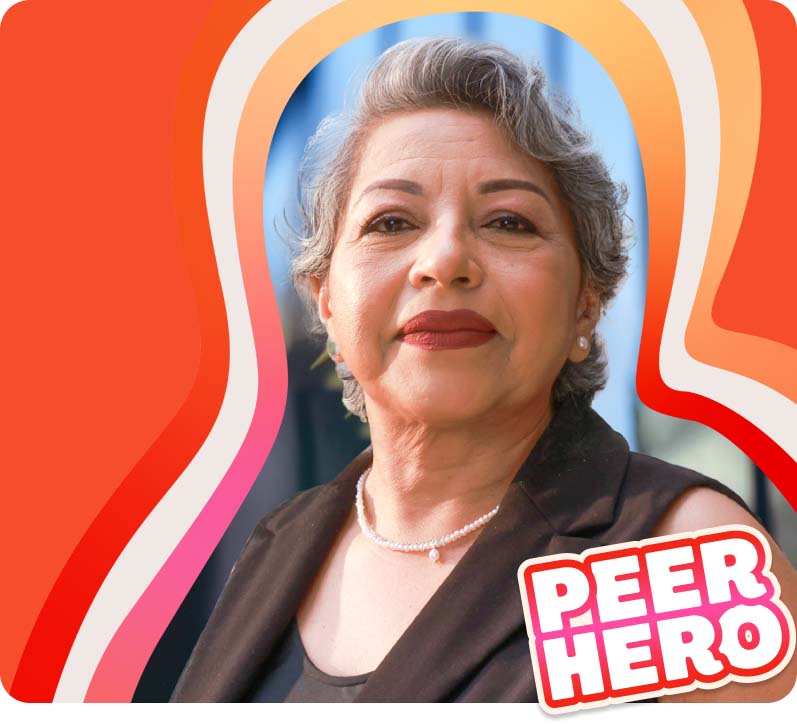
Take the training
Complete 80 hours of qualified training to learn the core skills and methods of peer support at locations and times that fit your schedule, online or in-person.
Get certified
Apply to open roles
Find available peer opportunities by connecting with your local county behavioral health department or community partners.
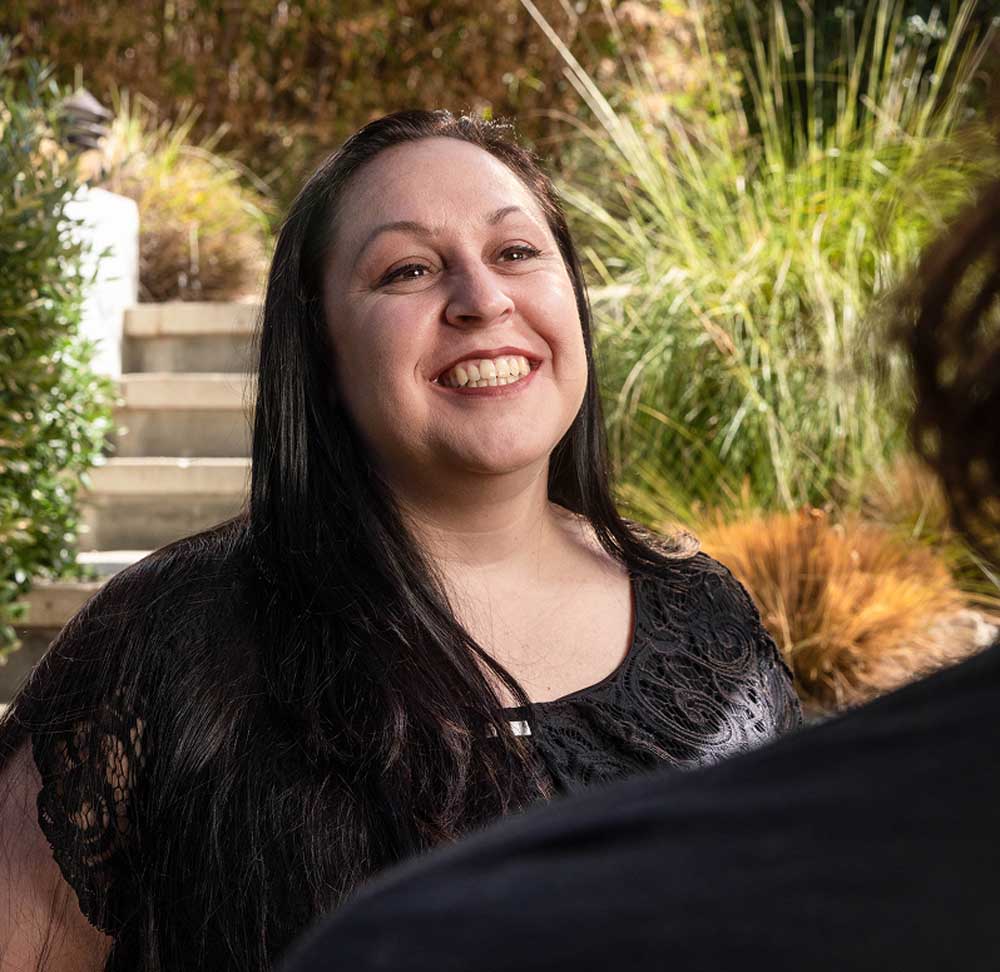
Take it from Rexanne, a Certified Medi-Cal Peer Support Specialist: “You don’t need to hide what you’ve been through. You can use it—pass on the hope, success, and thriving to someone else.”
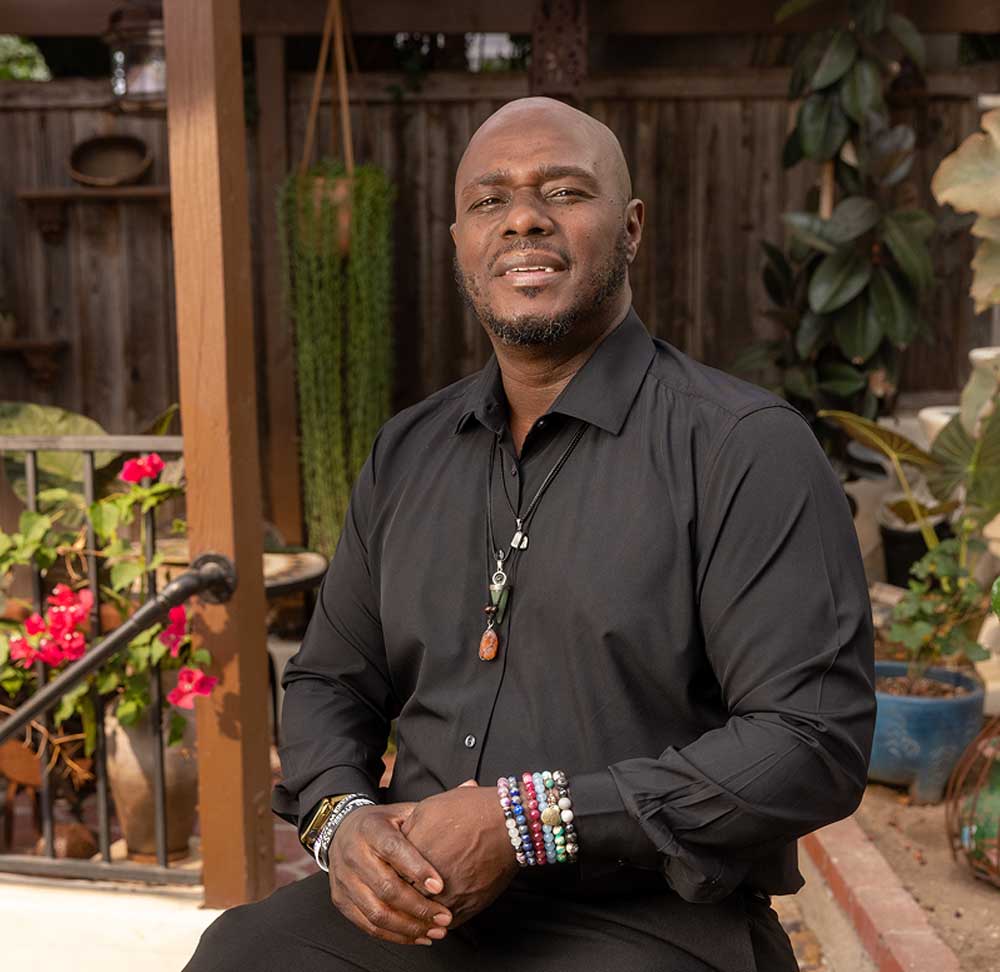
Just ask Kusema, a Certified Medi-Cal Peer Support Specialist: “I’m in recovery and it’s a real gift to be giving back—to have the ability to reflect on where I was, and to be here, enjoying these moments and helping others make new moments.”
Open Peer Roles Across California
Loading jobs...
How to Get Help From a Peer
Are you ready to start your healing journey with someone who’s been through it? Get connected with a peer at your county’s behavioral health department.
If you or your loved one are already receiving county behavioral health services, speak with your provider to request a Peer Support Specialist who shares a similar story and experiences. If not, use the search below:
Find Peer Support Near You
FAQ
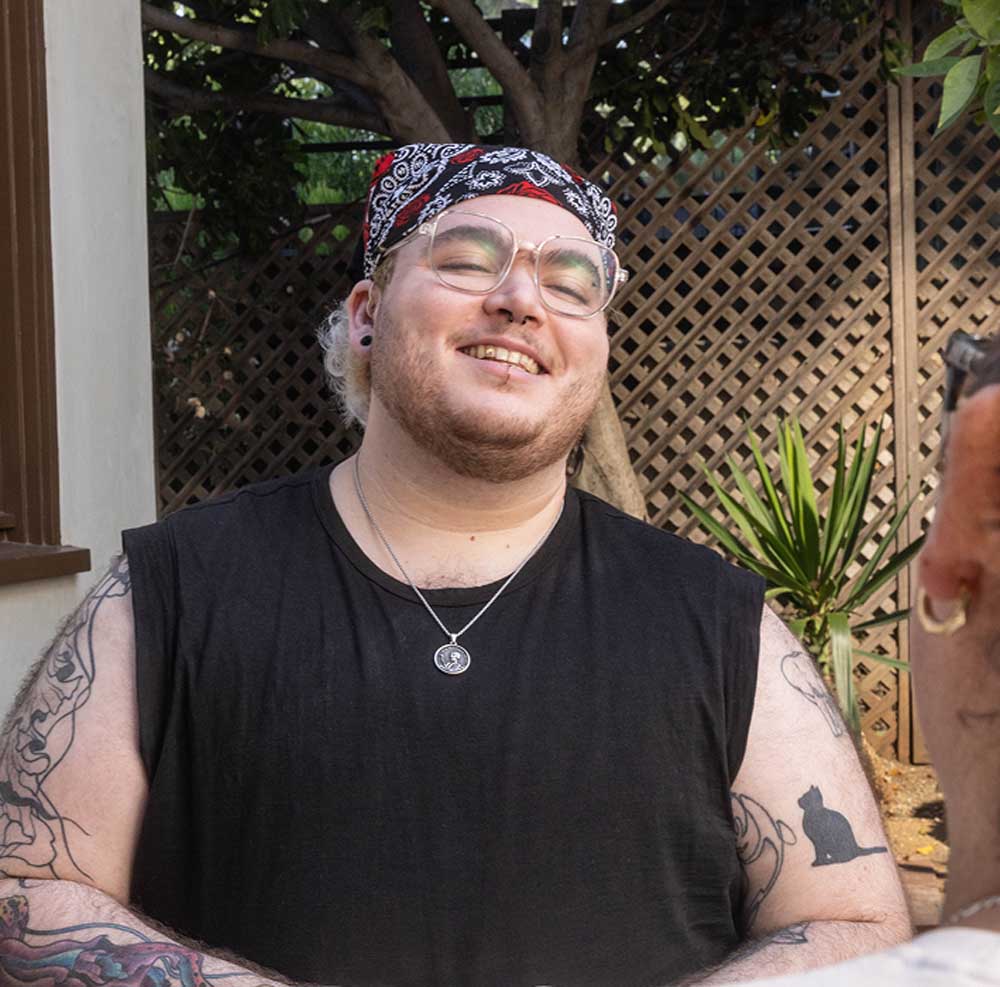
What makes someone a good candidate to be a Medi-Cal Peer Support Specialist?
Anyone with lived experience has the potential to be a great Medi-Cal Peer Support Specialist and is highly encouraged to go through professional training to sharpen their mentoring and communication skills. People who thrive in the role are passionate about helping others, and comfortable sharing their story and talking about sensitive subjects in detail. The work can be emotionally challenging but incredibly rewarding, and an opportunity to turn your experiences into a source of hope and healing for others.
Who can benefit from peer support?
A Medi-Cal Peer Support Specialist shouldn’t take the place of a doctor or therapist, but is intended to be a complementary source of support who can help people in other, more interpersonal ways. Confiding in a mentor who has faced a similar challenge can help alleviate feelings of isolation and reduce the stigma and shame that many people feel. Peers can also be a valuable resource for navigating the healthcare system and available services.
What exactly is “lived experience,” and what types of experiences do Medi-Cal Peer Support Specialists cover?
Lived experience refers to the personal knowledge and understanding someone has gained firsthand from a particular event, circumstance, or challenge. Lived experience can give someone a unique perspective on the nuances, complexities, and emotional impacts of an experience, beyond just the facts. California’s community of Medi-Cal Peer Support Specialists covers a wide variety of lived experiences, from mental illness and substance use disorders, to homelessness, trauma, justice involvement, suicidal ideation, and physical and sexual abuse, as well as parenting and caregiving for children with complex needs.
Have other questions about the Medi-Cal Peer Support Specialist certification process?
Peer Support Resources
© 2025
California Mental Health Services Authority
1610 Arden Way Ste. 175, Sacramento, CA 95815
Peer Support Resources
© 2025
California Mental Health Services Authority
1610 Arden Way Ste. 175, Sacramento, CA 95815
Paid for by California Department of Healthcare Services (DHCS)